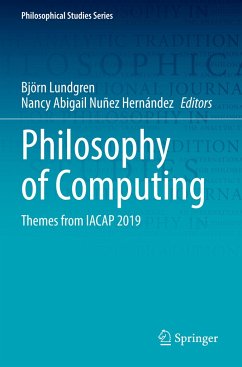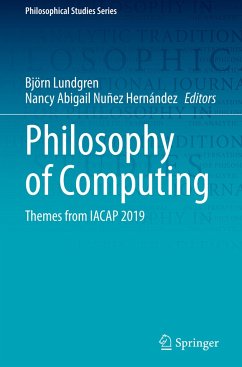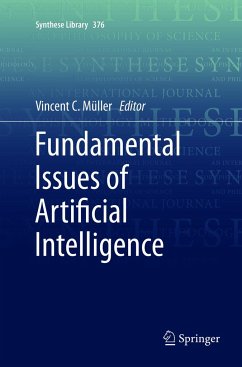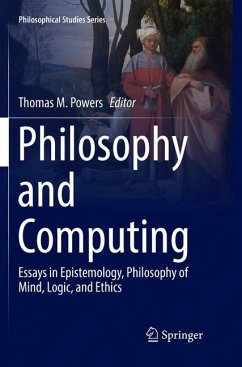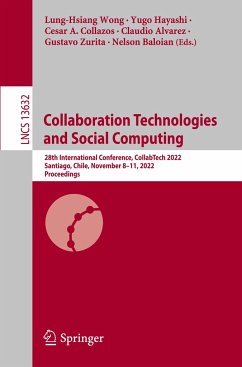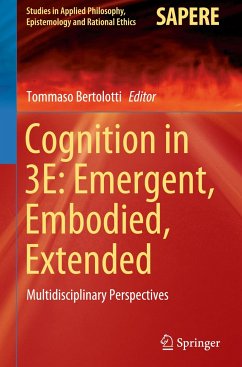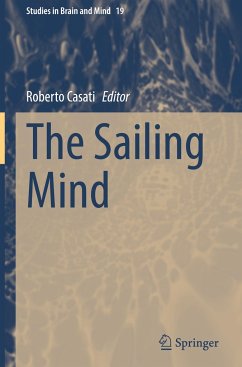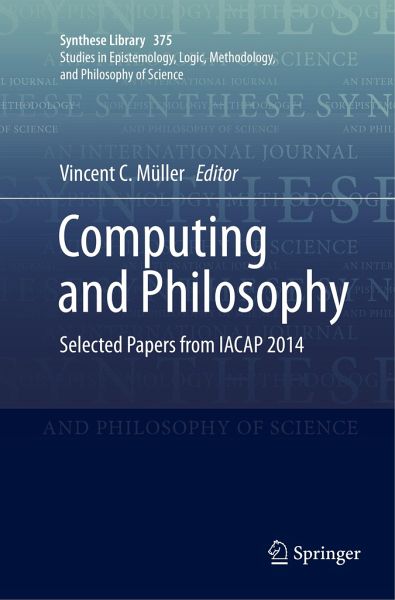
Computing and Philosophy
Selected Papers from IACAP 2014
Herausgegeben: Müller, Vincent C.
Versandkostenfrei!
Versandfertig in 6-10 Tagen
76,99 €
inkl. MwSt.

PAYBACK Punkte
38 °P sammeln!
This volume offers very selected papers from the 2014 conference of the "International Association for Computing and Philosophy" (IACAP) - a conference tradition of 28 years. The theme of the papers is the two-way relation between computing technologies and philosophical questions: Computing technologies both raise new philosophical questions, and shed light on traditional philosophical problems. The chapters cover: 1) philosophy of computing, 2) philosophy of computer science & discovery, 3) philosophy of cognition & intelligence, 4) computing & society, and 5) ethics of computation.
This volume offers very selected papers from the 2014 conference of the "International Association for Computing and Philosophy" (IACAP) - a conference tradition of 28 years. The theme of the papers is the two-way relation between computing technologies and philosophical questions: Computing technologies both raise new philosophical questions, and shed light on traditional philosophical problems. The chapters cover: 1) philosophy of computing, 2) philosophy of computer science & discovery, 3) philosophy of cognition & intelligence, 4) computing & society, and 5) ethics of computation.



